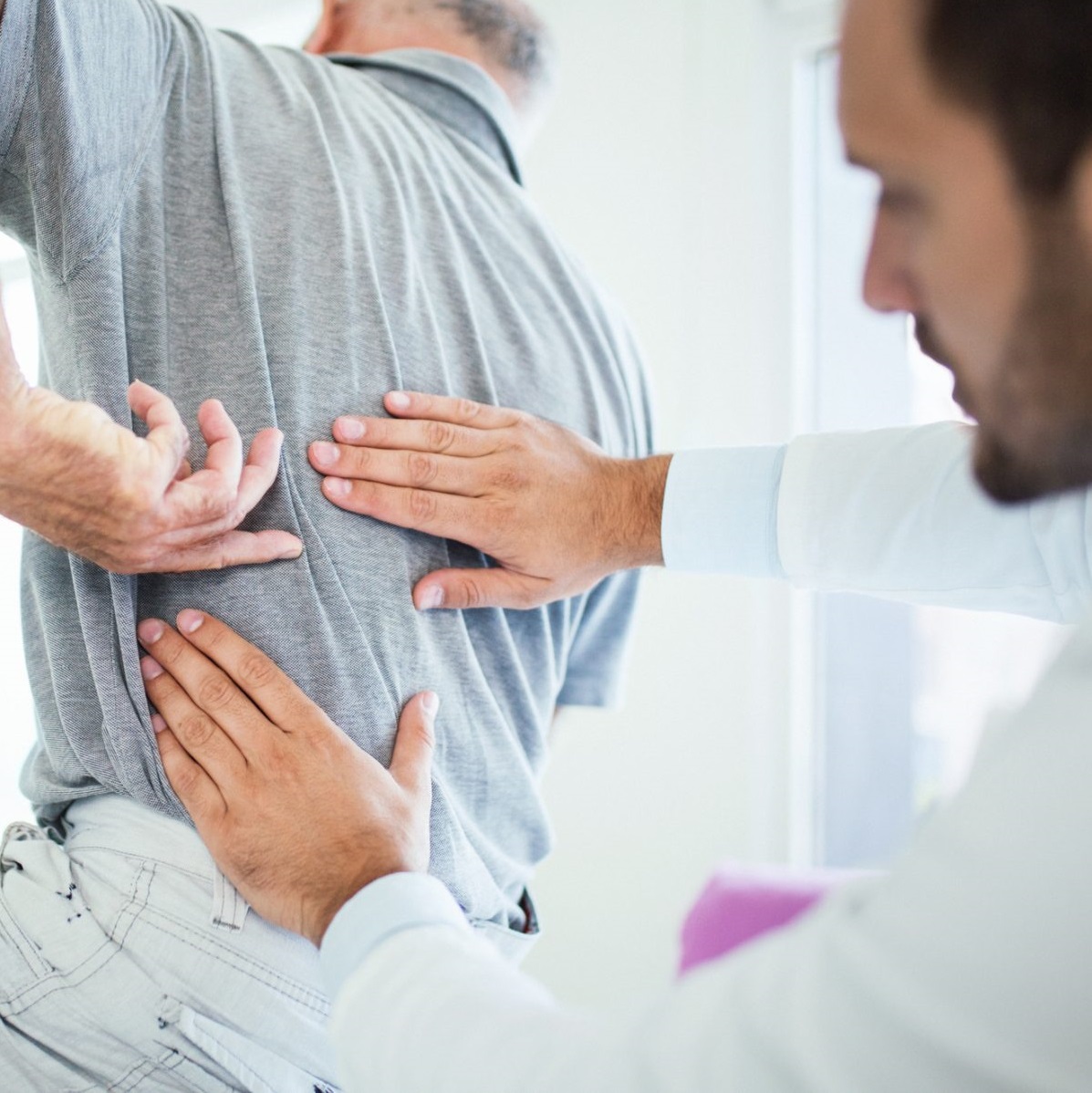How to Relieve Back Pain Without Surgery

June 09, 2022
About 20 percent of people live with back pain, according to the Centers for Disease Control and Prevention, and it’s also one of the most common reasons people see a doctor. But seeking medical attention for chronic back pain doesn’t necessarily lead to surgery. There are many non-surgical options that can help you successfully resolve the issue.
“When dealing with spine pain, we always try to go through the tiers of treatment—from more conservative to the most invasive approach, which is surgery,” says Danielle B. Groves, M.D., a physiatrist with Pascack Valley Medical Group. “As a physiatrist, my job is to try and help avoid surgery when possible.”
What’s Causing Your Back Pain?
Whether it’s your primary care physician or a specialist, your doctor will usually first try to figure out the cause of your back pain, then try to help you get well using the least invasive options first.
For people with back pain, several things could be causing it:
- Obesity
- Muscle weakness
- Bad posture
- Repetitive motion
- Excessive exercise
- Arthritis
- Hip problems leading to back pain
- Herniated disc
- Pinched nerve
8 Non-surgical Approaches for Back Pain
- Heat and ice. Using an ice pack on your back helps reduce pain and swelling, while a heating pad, hot shower or bath can relax the muscles and reduce swelling.
- Sleep repositioning. Depending on what position you sleep in at night, a doctor may encourage you to sleep with a pillow between your knees or use a body pillow to keep your spine aligned throughout the night.
- Anti-inflammatory medicines. Over-the-counter medications such as Aleve, Advil, Motrin and Tylenol can be helpful.
- Physical therapy. Core strength is key to a healthy back. A doctor might recommend physical therapy that involves different stretches and exercises to strengthen the abdominal muscles.
- Weight loss. “People who carry weight in their belly area often feel a lot of stress on the low back,” says Dr. Groves. Sometimes a doctor will refer a patient to a nutritionist to review the protein/carbohydrate balance and discuss a general reduction in caloric intake, if needed.
- Meditation, acupuncture and behavioral therapy. There is a mind/body connection when dealing with back pain. If you are experiencing a stressful situation that is causing the pain or stopping the pain from getting better, a doctor may recommend trying meditation, acupuncture, behavioral therapy sessions or other stress relief methods.
- Nerve stimulation. Transcutaneous electrical nerve stimulation (TENS) is a procedure where electrodes are attached to the skin, and the patient can turn it on through the day to help control their back pain. “The idea is that if you send a stimulus that can beat the pain stimulus to the spinal cord, then you’ll only feel the buzzing, tingling sensation from the machine and not the pain,” says Dr. Groves.
- Injections. The next line of defense against chronic back pain is minimally invasive injections:
- With epidural steroid injections, an x-ray is used to insert a needle into the epidural section of the spine.
- With trigger point injections, an injection into the muscle relieves spasms.
- A facet injection involves putting medication such as cortisone into the joint where there is arthritis.
- For people with osteoarthritis, a special technique called radiofrequency ablation may be used, which burns the nerve to the joint.
When Surgery Is Needed
If other methods have been tried and you still have chronic back pain, your doctor may suggest surgical options. “It’s important to know that not all back pain has a surgical option,” says Dr. Groves. If you experience fever, bowel or bladder incontinence or retention, or weakness in the legs, get evaluated right away, since these are signs of a more serious issue.
Next Steps & Resources:
- Meet our source: Danielle B. Groves, M.D.
- To make an appointment with a rehabilitation specialist near you, call 800-822-8905 or visit our website.
- Learn more about physical medicine and rehabilitation to treat back pain at Pascack Valley Medical Center
The material provided through HealthU is intended to be used as general information only and should not replace the advice of your physician. Always consult your physician for individual care.







